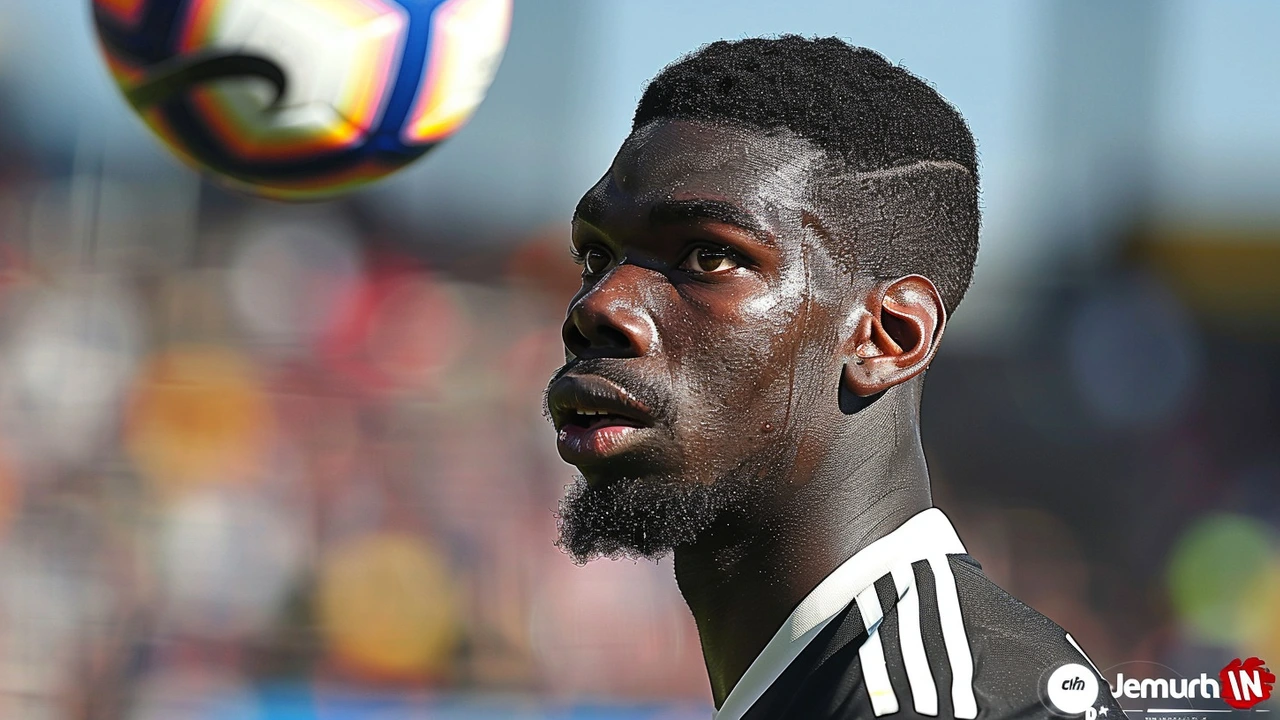Doping Ban: What It Means for Athletes, Teams and Fans
Think a single positive test only costs a medal? A doping ban can derail a whole career, strip results, and hit wallets and reputations. Here’s a plain guide to how bans happen, what they mean, and what athletes can do to stay clean.
How a Doping Ban Happens
Anti-doping bodies like WADA, national federations, and event organisers run tests in and out of competition. Samples (urine or blood) go to accredited labs. If the lab finds a banned substance in the A sample, the athlete is notified and usually provisionally suspended while the B sample is checked.
There’s strict liability: athletes are responsible for any banned substance in their body, even if they didn’t know about it. Common triggers for bans include positive lab results, missed tests or failing to file whereabouts information, possession of banned substances, or tampering with samples.
Penalties vary. For a first intentional offense, bans commonly run two to four years or more. Lesser or no-fault cases can see reduced sanctions. Repeat offenses get harsher penalties. Bans can be backdated in some cases, and results from events are often disqualified.
Consequences and Practical Steps
Consequences go beyond time out of sport. Athletes can lose prize money, sponsorships, and team places. National teams may be fined or stripped of results. Public trust takes a hit—and it’s hard to rebuild.
What should athletes actually do to avoid trouble? First, treat supplements with caution. Many contain banned ingredients or are contaminated. Only use products tested by reputable third-party programmes and keep receipts and ingredient lists.
Second, register and keep accurate whereabouts info so testers can find you. Missed tests add up: three missed tests in 12 months can equal an anti-doping rule violation. Third, always check any medicine with your team doctor or anti-doping officer before use. Apply for a Therapeutic Use Exemption (TUE) if you need a banned substance for medical reasons.
If you face a positive test, get legal help right away. Labs, documentation, chain of custody, and testing protocols can all be challenged. Appeals go to national tribunals and often to the Court of Arbitration for Sport (CAS). Acting fast improves the chance to reduce or overturn a ban.
For fans and team staff: watch official statements and anti-doping reports, not social media rumours. Testing and appeals take time; headlines can be misleading. Supporting clean sport means backing transparent processes and fair hearings.
Doping bans are serious and complex, but most problems come down to two things: avoid risky supplements and keep clear medical and whereabouts records. Simple habits can protect careers and keep competition fair.

